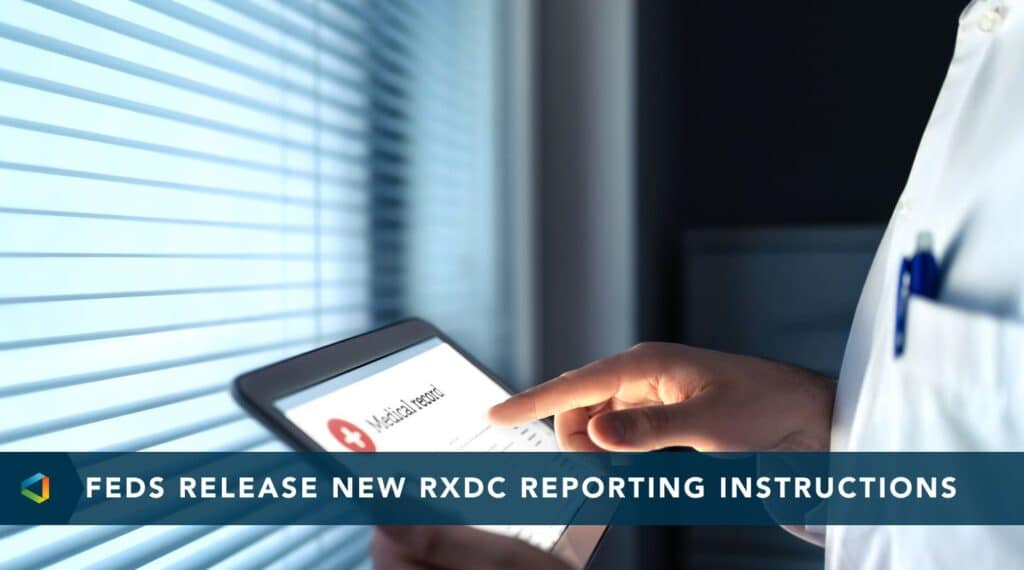Better Benefits
Dobbs v. Jackson Implications on Pharmacy Benefits
Dobbs v. Jackson Implications on Pharmacy Benefits
On Friday, June 24th, 2022, the U.S. Supreme Court issued its decision in the Dobbs v. Jackson Women’s Health Organization case in which it effectively overturned the 1973 abortion rights decision in Roe v. Wade.
There are several implications with this decision that could directly impact access to various medications and employer sponsored group pharmacy benefit plans.
Currently, if a plan is fully insured, whether the pharmacy plan can cover medications pertaining to abortions will likely depend on the law of the state where the policy was issued. However, if the plan is self-insured and subject to the Employee Retirement Income and Security Act (ERISA), it generally is not subject to state insurance laws due to ERISA preemption. Thus far, ERISA preemptions have protected self-insured plans from civil liability; however, it is unknown whether that preemption will apply to criminal actions. This factor plays a large role in the ability of a pharmacy benefit plan to include or exclude coverage for abortifacient medications.
In light of the Dobbs’ decision, some patients are encountering issues with access to the common drug, methotrexate due to its possible use as an abortifacient. Methotrexate is commonly used to treat patients with rheumatoid arthritis as well as a range of other related conditions and some cancers. However, it can also be used to induce abortion in combination with another drug, misoprostol, until 7 weeks of gestation. Due to this potential, patients in states that are limiting or banning abortion access are reporting difficulties acquiring this medication regardless of how the patient is using it. Prescriptions for misoprostol, which can be used for gastric ulcers, as well as mifepristone, which has benefits in Cushing’s syndrome, are also being spotlighted due to the recent Supreme Court ruling for their possible use as an abortifacient.
Many state laws impose civil or criminal penalties on health care providers. However, some state laws impose penalties on other third parties who assist in the provision of abortions. These “aider and abettor” laws could pose a potential risk to pharmacy benefit plans that choose to cover medications that can be used in the termination of a pregnancy.
The Dobbs’ decision will have significant impacts on prescription drugs within the group’s health plan and may lead to changes in how pharmaceutical care is practiced. Due to the changing complexity of state laws, employers should review their responses and policy changes with legal counsel and review health and pharmacy benefit plans with their consultant and health plan providers for possible changes.
For the latest regulatory updates, register for the upcoming session: Need-to-Know Quarterly Compliance Recap for Employers.




